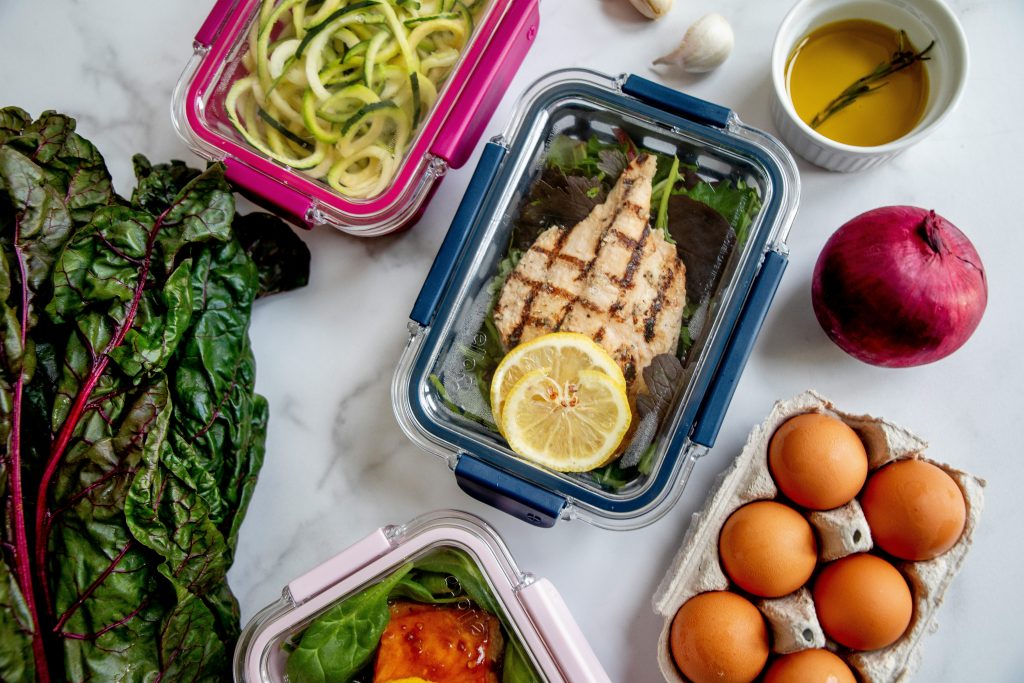Table of Contents
Staying energized at work isn’t just about getting enough sleep—it’s also about what you eat during the day. Food fuels both the body and the mind, and choosing the right meals and snacks can make the difference between a sluggish afternoon and a productive one.
By focusing on balanced nutrition and smart eating habits, you can keep your energy steady from your morning commute to the end of your shift.
Start the Day with a Balanced Breakfast
Skipping breakfast often leads to mid-morning crashes and increased cravings later in the day. Instead, build a meal that combines complex carbohydrates, protein, and healthy fats.
Oatmeal topped with nuts and berries, whole-grain toast with avocado and eggs, or Greek yogurt with fruit are all excellent options. These choices provide slow-release energy that prevents spikes and dips in blood sugar.
Choose Snacks that Fuel, Not Drain

The wrong snacks—like candy or chips—may give you a quick energy boost, but they’re followed by a crash. To maintain focus, opt for snacks that pair protein with fiber.
Examples include apple slices with peanut butter, carrot sticks with hummus, or a small handful of almonds. These nourishing choices keep you satisfied and steady throughout long meetings or work sessions.
Hydrate Consistently
Dehydration is one of the most common causes of workplace fatigue. Even mild dehydration can leave you feeling tired and foggy. Keep a reusable water bottle at your desk and sip regularly throughout the day.
Herbal teas or water infused with lemon, cucumber, or berries can also add variety. Avoid excessive caffeinated drinks, which may cause jitters or afternoon crashes.
Prioritize Whole Foods at Lunch
Lunch is the meal that sets the tone for your afternoon. Instead of heavy, greasy fast food that leads to sluggishness, build your plate around lean proteins, whole grains, and colorful vegetables.
A quinoa salad with grilled chicken, a brown rice bowl with vegetables and salmon, or a wrap filled with beans and fresh greens are energizing options. The fiber, vitamins, and minerals help sustain focus and productivity.
Manage Portion Sizes

Eating too much in one sitting can leave you feeling sleepy, as your body directs energy toward digestion. Moderate portions prevent that afternoon slump.
Instead of one heavy lunch, consider eating smaller, balanced meals spread throughout the day. This approach keeps your energy more consistent and avoids the rollercoaster effect of overeating.
Plan for the Afternoon Slump
Around 2 or 3 PM, many workers feel their energy dip. Instead of reaching for sugary snacks, try options like trail mix, plain popcorn with nutritional yeast, or a smoothie with spinach, banana, and protein powder.
These snacks provide steady fuel and help you finish the day strong without relying on empty calories.
Reduce Stress Through Mindful Eating
It’s easy to eat quickly at your desk while scrolling through emails, but working lunches often lead to overeating and fatigue. Mindful eating—paying attention to the flavors, textures, and pace of your meal—helps improve digestion and energy levels. Even five minutes of focused eating away from your screen can reset your body and reduce stress.
Don’t Skip Dinner
Energy at work isn’t just about what you eat during office hours—it’s also about the choices you make at home. A healthy dinner rich in vegetables, lean proteins, and complex carbohydrates supports recovery and prepares you for the next day.
Prioritizing nourishing foods in the evening helps maintain long-term energy balance.
